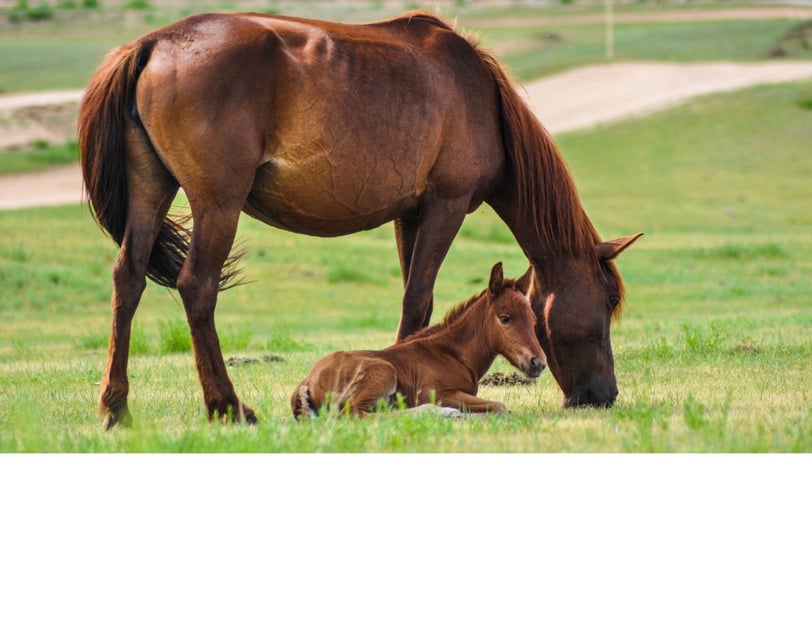Do Horses Need Feed in the Summer?
Why horse need there feed in the summer
Patricia
5/28/20252 min read


Do Horses Need Feed in the Summer? (Yes—Of Course They Do!)
It might sound like a silly question at first glance: Do horses really need feed in the summer? After all, the grass is green, the pastures are full, and nature seems to be doing its job. But the truth is, just because the sun is shining doesn't mean your horse's nutritional needs disappear.
While summer provides more grazing opportunities, there are several factors that make year-round feeding—even in the warmest months—not only smart, but essential.
Why Summer Grass Isn’t Always Enough
In ideal conditions, pasture grass can supply a good portion of your horse’s energy, protein, and vitamin needs. But here's the catch: not all grass is created equal, and not all horses can thrive on grass alone.
Some reasons why pasture might fall short:
Overgrazed paddocks: Especially in busy barns or small-acreage farms, grass can quickly become sparse and nutritionally poor.
Heat stress and drought: Intense heat can dry up fields fast, leaving you with brown, low-nutrient grass that’s more filler than fuel.
Low soil quality: Just like vegetables, grass depends on healthy soil to be truly nutrient-rich. Depleted land yields empty calories.
Special needs horses: Senior horses, hard keepers, performance horses, and those with metabolic conditions often require more precise feeding than pasture can offer.
So yes—even in summer, many horses benefit from supplemental feed to ensure they’re getting the vitamins, minerals, and calories they need.
Horses Still Burn Energy in the Heat
Some owners assume that because their horse isn’t working as hard in the heat, they don’t need as much feed. But think again: summer heat takes a toll on the body.
Sweating depletes electrolytes and essential minerals.
Fighting flies and staying alert in hot weather can increase overall energy demands.
Digesting dry or mature pasture is harder on the gut, requiring more nutritional support.
Adding a quality balancer, electrolytes, or soaked beet pulp can help maintain hydration, gut health, and steady energy levels.
Don’t Forget the “Hard Keepers”
Some horses naturally lose weight in summer. They might be more active, distracted by bugs, or simply less interested in eating during the heat. These horses often benefit from:
Feeding smaller meals more often
Adding calorie-dense feeds like rice bran or alfalfa pellets
Offering soaked feed to encourage water intake and easier digestion
If your horse tends to drop weight in the summer, don’t just hope they’ll bounce back in fall—act early with supportive nutrition.
